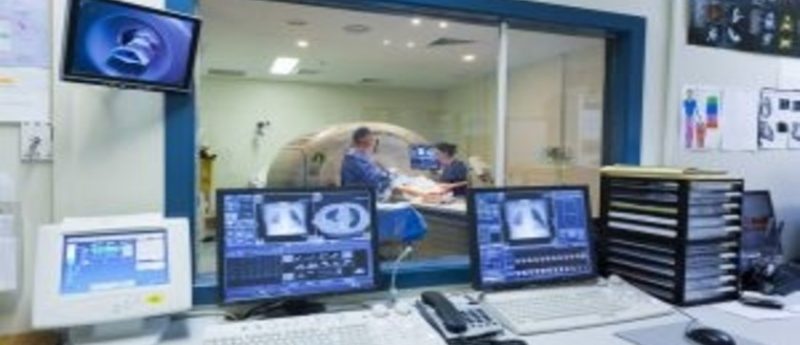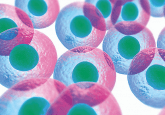Novel tumor-targeted MRI contrast designed, based on human proteins

Recently published in Nano Letters, a team from the University of Massachusetts Medical School (MA, US) have developed a human protein-based, tumor-targeting Magnetic Resonance Imaging (MRI) contrast, which can be cleared easily by the body following its use. Designed by a team led by Gang Han (University of Massachusetts Medical School), there is promise for clinical application of the design, including early stage tumor detection as a result of the improved MRI contrast, according to Han.
One of the most used, versatile and noninvasive imaging tools used, MRI allows for clinical detection, staging and monitoring of cancer without the need for damaging radionuclides or ionizing radiation.
Gadolinium (Gd)-based agents are the most commonly used contrast agents in MRI as they do not stimulate an immune response. Nevertheless, Gd-based compounds require intravenous administration at high doses and are retained by the body.
In order to develop an alternative to this, Han and colleagues concentrated on proteins that are naturally occurring nanomaterials; protein-bound paclitaxel, a protein-bound nanoparticle can be utilized to treat metastatic breast cancer. Likewise, the effectiveness of contrast agents also appears to be improved by protein scaffolds that encapsulate metal-based nanoparticulate contrast agents.
In the study, the team defined how human transferrin (Tf) proteins may be utilized to develop an MRI contrast nanoprobe, through mimicking the natural process to form distinctive nanoparticles; termed gadolinium biomineralized human transferrin protein-based nanoparticles or Gd@TfNP.
“The Gd@TfNPs preserve the functions of Tf very well, possess superior chemical and physical properties, and are brighter compared to the Gd-based agents currently in use,” commented Han, noting that the nanoparticles could also function as tumor-targeting and systematically clearable contrast agents for detecting early-stage tumors through magnetic resonance.
“Such probes can immediately leave the tumor sites after delivery and we could track the overall process by MRI. Such a technique might be useful not only for visualizing tumor therapies, but for optimizing drug dose and evaluating clinical results,” the study’s first author Yang Zhao (Second Hospital of Tianjin Medical University, Tianjin, China) concluded.
Source:
Zhao Y, Peng J, Li J et al. Tumor-Targeted and Clearable Human Protein-Based MRI Nanoprobes. Nano Lett. [Epub ahead of print] doi: 10.1021/acs.nanolett.7b00828 (2017); www.sciencedaily.com/releases/2017/07/170707133810.htm





